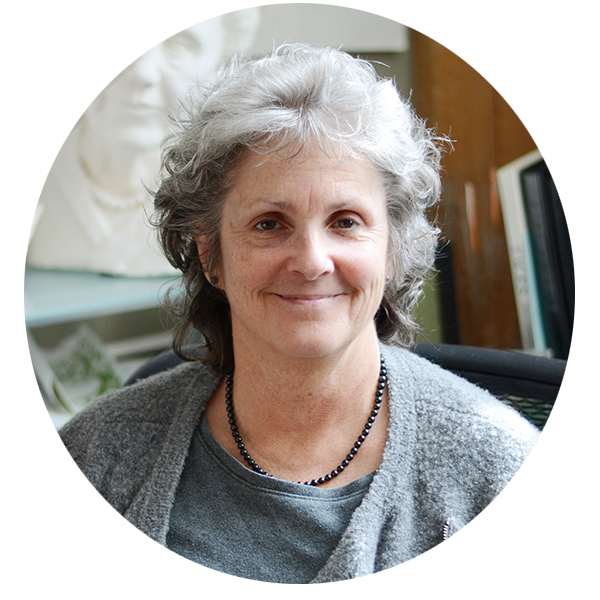Mississippi.
M-i-crooked letter crooked letter-i-crooked letter crooked letter-i-humpback humpback i. We all know it spells Mississippi. Mississippi is a state in the Deep South, flanked by other southern states, but different than Alabama, Arkansas, Tennessee, Georgia, Louisiana. I think uglier in their hate, savagery, viciousness, murderousness. I know this Mississippi, and I am terrified. The implications of coming from Mississippi, the racial scars. Mississippi holds the dark, rich soil, bloodied soil I come from, the Natives I come from, the Blacks I come from.
I will take you back to a moment in time, maybe 1965, in Mississippi. Close enough. Maybe it was a Saturday, could have been a Sunday. I was walking with my Daddy. I call him that because as a little girl, that was how I addressed him. I was a little girl, five years old. We were by the courthouse. By that time I knew of “To Kill a Mockingbird.”
“Daddy, why don’t they take that monument down?”
My Daddy replied, “Maybe they will someday, little one.”
“Daddy, that is wrong.”
I grew up in the Deep South. I have seen the KKK in the back of a pickup truck, walked the Edmund Pettus Bridge, lived desegregation. Racism. The word, flat, does not capture for me my feelings of witnessing it, the inequities, everywhere injustices. Everywhere, specifically against, towards, located specifically in Blacks…violence, hate, shaming, motivated dehumanizing. In essence, saying “You are nothing.” And in my experience, projections from the inside of southern Whites’ minds into Blacks. They were, and are victimized by Whites.
I continue to commit to being honest about my hate, shame, and racism. To keep seeing the “monuments,” the literal ones, and the ones in my mind, and to take them down. And not as I said as a five year-old, nor as my father said, “maybe they will.” There is no “they.” There is no “maybe.”
There are so many angles here that need to be addressed. It is for me, the very important question of feeling the feelings of another person. As Franco Scabbiolo would say:
“Feeling the feelings of the other person. The Bible is working through this issue: the question of feeling something different from you, and a lot of people don’t want to feel or are rejecting feelings.”
There is an intolerance of difference: some people cannot tolerate difference. From a psychoanalytic point of view, racism is a profound inability of being able to feel different sorts of feelings. I know from my experience, us Mississippi whites, who immediately, consciously and unconsciously, generate a feeling of rage, uneasiness, defensiveness, fear of difference, fear of the other; what we call the “other.” Racism is a profound issue of fear. From my experience, us Mississippi Whites’ tremendous impulse to survive and attack is a very primitive fear and explodes violently into Blacks. And sometimes it is organized hate through the build-up of our paranoia. In the Deep South, the culture, our culture, my culture, is organized around racism and there is a psychic reality ingrained in many of us. And it is our psychic reality, built so early in our development, that informs our picture of the world—including our picture of self—and other people.


